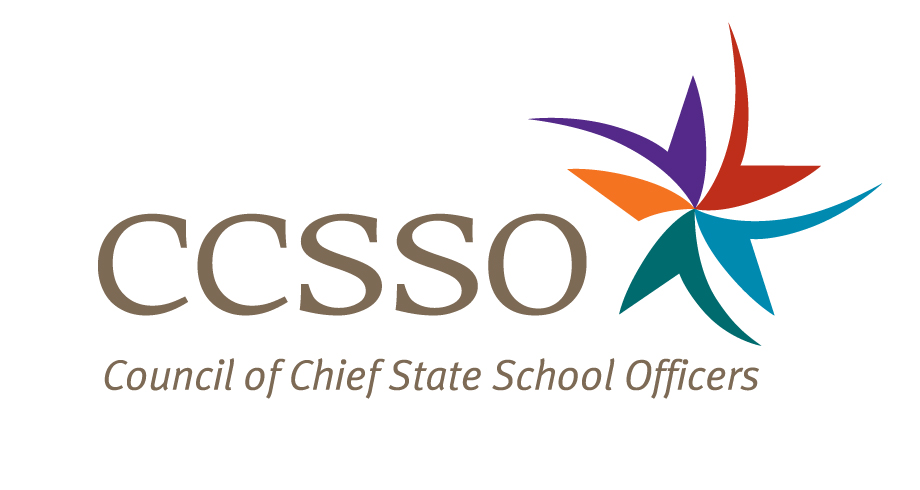
Washington, D.C. (February 25, 2019) –– The Council of Chief State School Officers (CCSSO) today announced a new effort to help states create and implement principal leadership plans focused on improving outcomes for every student, especially those with disabilities.
Through CCSSO’s Advancing Inclusive Principal Leadership (AIPL) State Initiative, five states will deepen and refine their principal development efforts to ensure an intentional focus on supporting the academic and social success of students with disabilities. The participating states include Arkansas, Colorado, Georgia, Mississippi and Ohio, all of which have demonstrated commitment to bolstering principal capacity to effectively support students with disabilities.
The initiative – which builds on CCSSO’s efforts to support states in ensuring high expectations for each student and developing leaders to continuously improve schools – is made possible through CCSSO’s longstanding partnership with the Collaboration on Effective Educator Development, Accountability, and Reform (CEEDAR) Center and with additional support from Oak Foundation.
“CCSSO is proud to launch the Advancing Inclusive Principal Leadership State Initiative as we strive to better prepare principals to meet the needs of every learner in their schools,” said Carissa Moffat Miller, executive director of CCSSO. “Inclusive principals create strong school cultures and empower staff to better serve all students.”
Dr. Mary Brownell, Director of the CEEDAR Center, concurs, “We are grateful for CCSSO’s commitment to ensure that each student attends a school where an effective leader is at the helm. Without effective leaders, we will never be able to live out the true intent of the Individuals with Disabilities Act, and ensure that students with disabilities achieve the academic, social, and life outcomes that we want all our children to achieve.”
Inclusive principals play an essential role in improving instruction, promoting collaboration between general and special education teachers, and retaining effective teachers of students with disabilities.
State leaders have committed to ensuring that each student has an equitable opportunity to be successful in college, careers, and life. Unfortunately, in many states, the academic performance of students with disabilities lags far behind their peers. Students with disabilities tend to score lower on standardized tests and have lower graduation and postsecondary participating rates than their peers. Additionally, students with disabilities are more likely to be suspended or expelled and have less access to effective teachers and rigorous coursework.
As part of the Advancing Inclusive Principal Leadership initiative, the selected states will develop and implement plans that prioritize effective policy and practice strategies laid out in Supporting Inclusive Schools for the Success of Each Child: A Guide for States on Principal Leadership. The guide was developed by the National Collaborative on Inclusive Principal Leadership (NCIPL) in partnership and collaboration with the CEEDAR Center and Oak Foundation.
By June 2019, all the states in the initiative will have developed plans that are designed to advance inclusive principal leadership in policy and practice, and will begin implementation of their plans with measurable progress by June 2020.
CCSSO will develop tools to support the five states with initial analyses of current school leadership policies and data. The states also will receive coordinated support from a technical assistance and implementation team to further integrate inclusive leadership into policy and practice and into existing investments on school leadership and improvement.
###
The Council of Chief State School Officers (CCSSO) is a nonpartisan, nationwide, nonprofit organization of public officials who head departments of elementary and secondary education in the states, the District of Columbia, the Department of Defense Education Activity, Bureau of Indian Education, and five U.S. extra-state jurisdictions. CCSSO provides leadership, advocacy, and technical assistance on major educational issues. The Council seeks member consensus on major educational issues and expresses their views to civic and professional organizations, federal agencies, Congress, and the public.
You May Also Be Interested In ...
